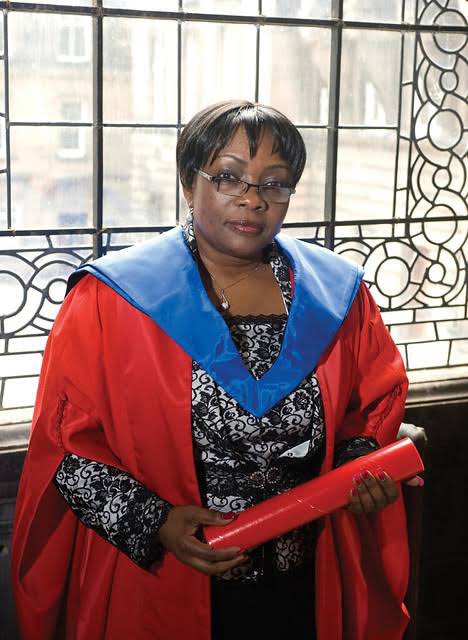In a significant stride for international jurisprudence, Judge Julia Sebutinde, hailing from Uganda, has been appointed as the Vice President of the International Court of Justice (ICJ). Her elevation to this prestigious position underscores both her exceptional legal acumen and the recognition of Africa’s burgeoning influence in global legal affairs.
The announcement of Sebutinde’s appointment, made by her fellow judges at the ICJ, marks the commencement of her three-year term in this pivotal role. Having been a stalwart member of the ICJ since February 6, 2012, Sebutinde brings a wealth of experience and expertise to her new position. Prior to her tenure at the ICJ, she served with distinction as a judge at the Special Court for Sierra Leone from 2005 to 2011, contributing significantly to the advancement of international justice.
Sebutinde’s journey to this esteemed position is a testament to her unwavering commitment to the principles of justice and equity. Born in February 1954, her early education at Lake Victoria Primary School in Entebbe laid the foundation for a remarkable legal career. Subsequently, she pursued her studies at Gayaza High School before earning a Bachelor of Laws degree from Makerere University in 1977, a testament to her dedication and intellectual prowess.
Notably, Sebutinde’s recent ascent to the Vice Presidency of the ICJ comes on the heels of her courageous and principled dissenting opinion in a contentious case involving South Africa’s allegations of genocide against Israel. Despite facing significant pressure, Sebutinde stood firm in her conviction that the dispute between Israel and Palestine transcends legal boundaries and is fundamentally rooted in complex political realities. Her dissent underscores her unwavering commitment to impartiality and her steadfast adherence to the principles of international law.

As the first African woman to sit on the International Court of Justice, Sebutinde’s appointment carries profound significance, symbolizing a pivotal moment in the diversification of global judicial institutions. Her leadership promises to inspire a new generation of legal professionals across the African continent and beyond, reaffirming the imperative of inclusivity and representation in international legal fora.
The International Court of Justice, established as the principal judicial organ of the United Nations, plays a pivotal role in upholding the rule of law and promoting peaceful resolution of disputes among nations. With Sebutinde assuming the role of Vice President, the ICJ is poised to navigate complex legal challenges with integrity, wisdom, and a steadfast commitment to justice.
Sebutinde’s election to the Vice Presidency of the International Court of Justice serves as a beacon of hope for all those who cherish the principles of equality, fairness, and justice. Her remarkable journey from humble beginnings to global prominence exemplifies the transformative power of education, perseverance, and principled leadership. In assuming her new responsibilities, Sebutinde embarks on a historic journey to advance the cause of justice and uphold the rule of law on the world stage.















